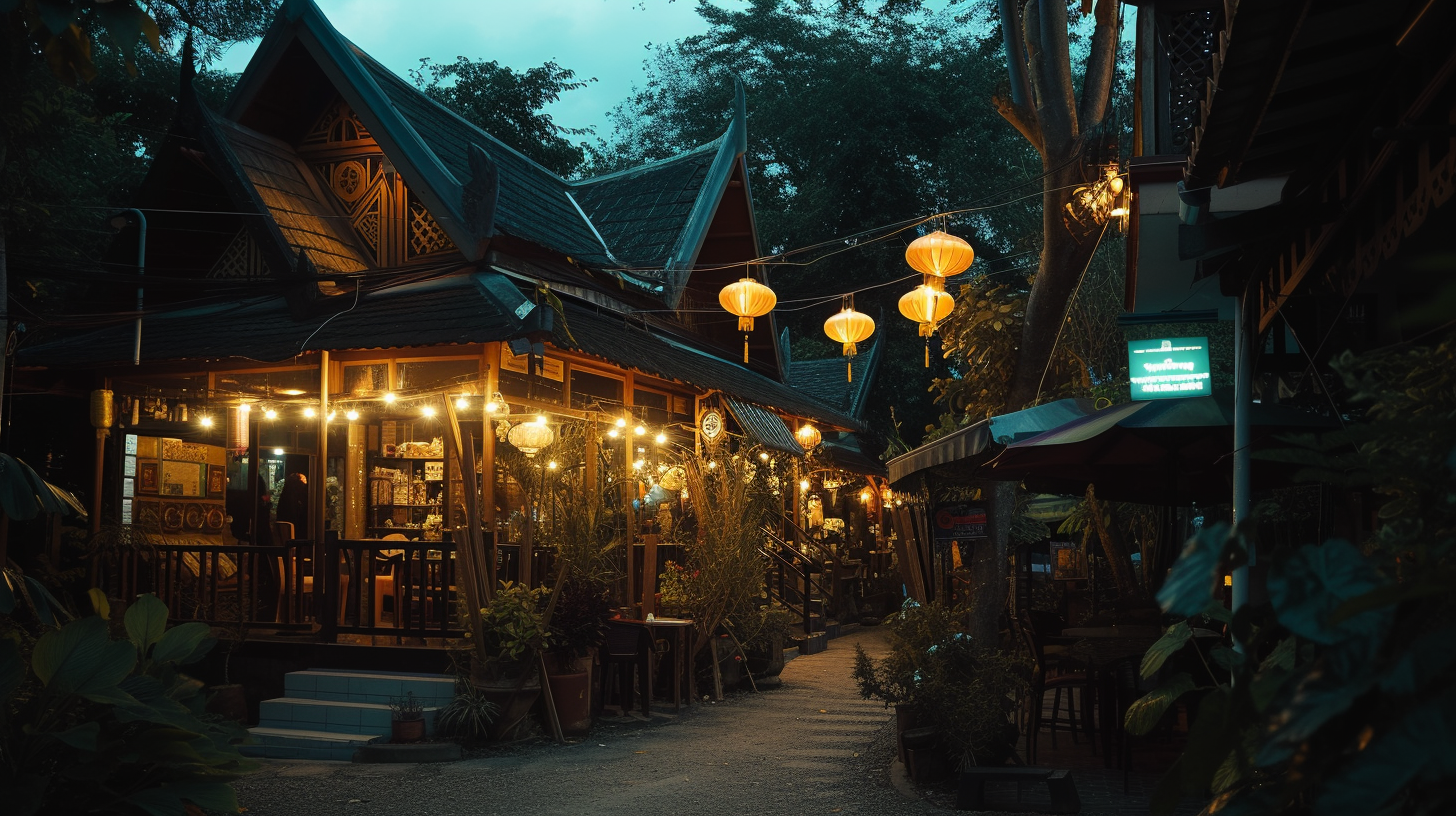Are you enchanted by the thought of waking up to the cool, crisp air of Northern Thailand? Does the idea of living amidst ancient temples, vibrant street markets, and lush mountains appeal to your sense of adventure and tranquility? Then, consider making Chiang Mai your new home. This guide will simplify the immigration process for you and provide essential tips for settling into this northern gem.
Understanding Thai Immigration Basics:
Before packing your bags for Chiang Mai, it’s crucial to understand the fundamentals of Thai immigration laws. There are various visas available depending on your purpose of stay – whether it’s retirement, education, work, or simply tourism turned long-term residence.
For those looking to retire in Thailand, the Non-Immigrant O-A Visa (Long Stay) is popular among expatriates. If you’re under 50 and planning on working or starting a business, you might be looking at a Non-Immigrant B Visa. Students should apply for an Education (ED) visa.
Recent updates in immigration policies have also introduced options like the SMART Visa for highly-skilled professionals or investors in targeted industries.
Securing Accommodation in Chiang Mai:
Upon arrival in Chiang Mai, securing accommodation is paramount. Whether you’re seeking a modern condo downtown or a quaint house in the suburbs like Hang Dong or San Sai, there is no shortage of options catering to diverse preferences and budgets.
Renting property typically requires a valid passport and visa. Most landlords ask for one month’s rent as a security deposit along with your first month’s rent upfront. Websites like DDProperty and Thai Apartment can be great resources for finding that perfect home.
Navigating Healthcare Services:
One cannot overstate the importance of healthcare services when moving abroad. Fortunately, Chiang Mai boasts several international standard hospitals such as Chiang Mai Ram Hospital and Bangkok Hospital Chiang Mai that offer excellent care with English-speaking staff.
Expats often opt for private health insurance plans to cover medical expenses without relying solely on the public healthcare system. Compare providers and plans meticulously before choosing one that aligns with your needs.
Embracing Local Culture & Community:
Chiang Mai offers an intoxicating blend of traditional Lanna culture with contemporary comforts. Engage with local customs by participating in events like Loi Krathong or Yi Peng Lantern Festival; it’s an excellent way to immerse yourself into community life.
Language can be a barrier; hence learning basic Thai phrases can go a long way toward integrating into society and showing respect towards local customs.
Finding Employment Opportunities:
If you’re not retiring but moving to work or start a business in Chiang Mai, networking is key. Numerous online platforms like JobsDB Thailand or LinkedIn can help you find employment opportunities within various sectors such as teaching English, hospitality or digital marketing owing to the city’s thriving expat startup scene.
The legalities surrounding employment require due diligence – acquiring a work permit is mandatory once you’ve secured employment.
Conclusion:
Moving to Chiang Mai presents an exciting chapter brimming with cultural experiences, serene landscapes, and friendly locals. While immigration processes may seem daunting initially – fear not – armed with this information-rich guide tailored specifically towards simplifying these complexities — your journey towards settling down in this Northern Thai haven just got easier!
Remember always to adhere strictly to immigration laws while maintaining flexibility as policies evolve over time. Here’s wishing you Sawasdee Jao (goodbye) from your current home and soonest, Sawasdee Khrap/Kha (hello) from your new abode amid the splendors of Chiang Mai!



